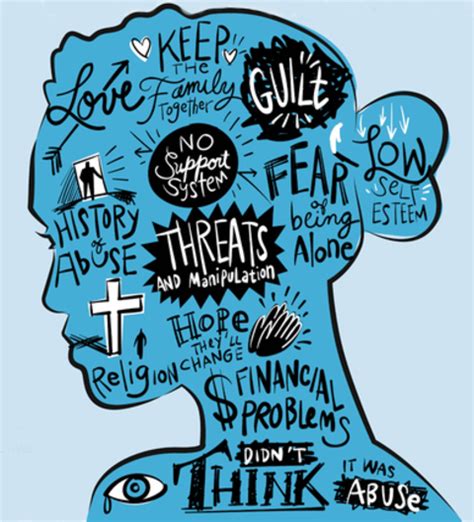
Part 2 . Brain Science
Why is leaving so hard, even when we want to ? One of the reasons is that our brains create pathways that help guide our behaviors. Like a shortcut through a field, the more we participate in a behavior the more engrained the pathway becomes. The cycle of abuse not only creates of brain pathway that becomes engrained but it also hijacks our brain reward pathway . This means that even though the experiences of abuse are horrible, the cycle releases oxytoxin during the honeymoon phase, creating a reward pathway. Our brains become primed to know that we will be rewarded if we get through the discomfort and so we stay. Even when the periods of discomfort become longer and the “honeymoon” periods or rewards becomes shorter or non existent. The cycle of abuse is incidious and this is why many stay so long. Much like addiction to substances, leaving an abusive relationship means reshaping our brains. 75% of Domestic Violence survivors report experiencing traumatic brain injuries during thier abuse, these injuries can make breaking entrenched behaviors even harder.

Reshaping your brain connections seems like a daunting task , so how can you do this? The first step is mindfulness. Have you ever found yourself on autopilot? Perhaps, you were driving your car and suddenly realized you were on the way to a job you havnt worked at in years or you dont remember if you have taken daily medication. Your routine has become so customary that your brain follows it without concious thought.
- Embrace structure: Keeping your day full and structured helps us to stay present and not fall into unconciously routine. It also creates new , healthier pathways.
- Find grounding techniques for when you feel yourself “zoning out” : A rubberband or hair tie on the wrist can help connect you back with your body when plucked, a bottle of water can help when sipped slowly, even chewing gum can be used to ground yourself. This link can help you discover some other grounding techniques https://www.starsdorset.org/grounding-techniques.
Be kind and patient with yourself and patient. Your brain did not develop these pathways overnight and it will take time to break the patterns that have been created.
source: https://www.americanbrainfoundation.org/domestic-violence-and-traumatic-brain-injury-the-chilling-truth-of-this-hits-home/
